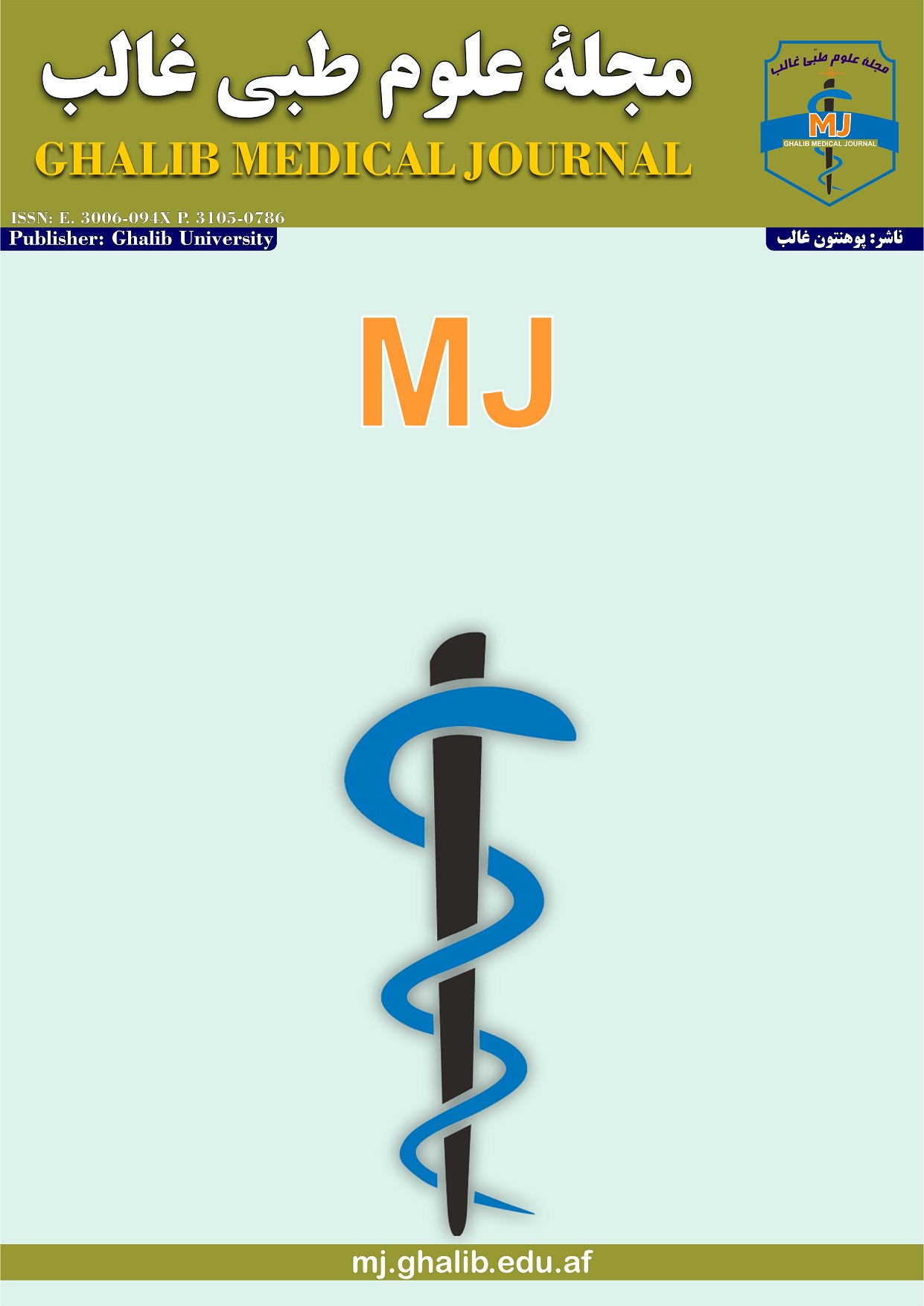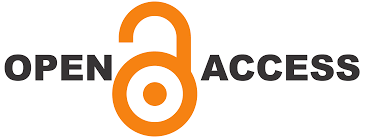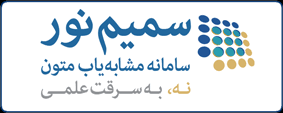ETHICAL CONSIDERATION
Introduction
Ethics (Akhlaq) is the plural of "khuluq"—an inner disposition or moral character that is perceived through insight rather than outward senses. It is a firm attribute that enables a person to act appropriately, spontaneously, and without deliberation—such as showing courage in times of danger, forgiveness during anger, and altruism in moments of poverty or hardship. In terminology, ethics refers to "the principles and values that regulate human behavior."
Ethics has two main axes: one encompassing all virtues, the other all vices. Virtues carry a positive connotation, whereas vices carry a negative one. When the term "ethics" is used absolutely, it generally implies a positive conception, such as journalistic ethics, scientific ethics, medical ethics, and so forth.
Undoubtedly, the concept of ethics is clear and desirable, requiring little explanation. However, because ethics is linked to human art, knowledge, professional conduct, and social behavior, it carries many details that necessitate analysis in order to be fully understood. Even after learning these details, ethical observance often demands a high degree of precision, making its application in key areas of life challenging. Therefore, ethics must be defined in connection with its relevant domains. One of the key domains of ethical discourse is the academic, research, and writing sphere, where adherence is indispensable.
Scientific, cultural, and informational media—such as books, theses, yearbooks, journals, periodicals, magazines, and newspapers—must adhere to ethical principles to earn the trust of their audiences. These principles must guide all stakeholders, including editors-in-chief, managing editors, authors, editorial board members, and reviewers.
Basis
This ethical code is formulated in accordance with the 2021 Publishing Regulation of the Ministry of Higher Education of the Islamic Emirate of Afghanistan, and in harmony with the principles of Ghalib University. Accordingly, this policy outlines the ethical standards for authors and stakeholders of the Ghalib International Journal of Medical Sciences (Ghalib MJ).
Managing Editor and Responsibilities
-
Safeguarding the legal and intellectual integrity of the journal is among the core responsibilities of the Managing Editor.
-
The Managing Editor endeavors to guide the journal’s adherence to scientific standards, thereby promoting a culture of ethics within society.
-
Ensuring the accuracy, quality, and integrity of all published manuscripts is the Managing Editor’s responsibility.
-
The Managing Editor is accountable for constructive policy-making, transparency, and precision in all editorial processes.
-
To prevent errors, the Managing Editor ensures proper evaluation of manuscripts and is fully informed of their content.
-
It is within the Managing Editor’s purview to establish editorial guidelines and criteria, as well as to ensure compliance of manuscripts with the ethical standards of the journal.
-
The Managing Editor determines the ethical attributes of the journal and selects a competent team to uphold them.
-
The Managing Editor actively strives to enhance the journal’s reputation and eliminate any negative perceptions about it.
-
The Managing Editor is ultimately responsible for all legal, administrative, and ethical activities of the journal.
Editor-in-Chief: Custodian of Scientific and Intellectual Vision
-
The Editor-in-Chief bears the responsibility for improving the scientific quality of the journal.
-
They ensure fair and unbiased evaluation of manuscripts based on scientific merit, for the purpose of recommending acceptance or rejection.
-
One of their duties is to ensure that submitted manuscripts align with the scientific and ethical standards of Ghalib MJ.
-
The Editor-in-Chief must evaluate manuscripts solely on their scholarly content, without regard to the author’s nationality, ethnicity, race, gender, religious beliefs, or political affiliations.
-
Confidentiality is crucial: the Editor-in-Chief does not disclose the content of submitted manuscripts to anyone except the author(s), reviewers, copyeditors, and publisher.
-
The Editor-in-Chief must not use unpublished manuscripts for their own research without the explicit consent of the author.
-
They must maintain the confidentiality of manuscripts before publication and protect the anonymity of both reviewers and authors during the peer-review process.
-
They must prevent conflicts of interest and avoid publishing manuscripts that directly compromise the journal’s impartiality or integrity.
Editorial Board: Identifying Work and Worthy Contributors
-
The Editorial Board is responsible for selecting reviewers based on scientific competence and integrity.
-
They prepare the criteria checklist for manuscript review.
-
They are ethically responsible for accepting or rejecting submitted manuscripts based on merit.
-
Detecting plagiarism, potential fraud, and academic misconduct is part of their scholarly and ethical duty.
-
Their ethical commitment requires focusing on rationality and knowledge advancement in manuscripts.
-
They must maintain the confidentiality of submissions and avoid personal use of unpublished material.
Reviewers: Assessors of Merit
-
Reviewers assist the Editor-in-Chief in deciding whether a manuscript should be published.
-
They must maintain the confidentiality of submissions before publication.
-
Their feedback must be honest, objective, and free from personal bias.
-
If a conflict of interest exists—such as a personal or institutional relationship with the author—reviewers must disclose it and recuse themselves if necessary.
-
They must report suspected plagiarism, data falsification, or research misconduct to the Editor-in-Chief and Managing Editor.
-
Reviewers are not permitted to use unpublished material for personal benefit.
Authors: Duties and Prohibitions
Innovation and Originality
-
Authors bear the academic and ethical responsibility to ensure that their manuscripts align with the thematic scope of Ghalib MJ.
-
Rejected or withdrawn manuscripts are removed from the journal’s archives after three months; the journal assumes no further responsibility.
-
Submissions must represent the authors’ original research. Use of others’ work is only acceptable with proper attribution.
-
Authors must provide accurate citations and references to sources.
-
Submissions must be novel, socially relevant, and free from duplication.
-
Authors must disclose if portions of their work have been previously published or used in other manuscripts.
-
Manuscripts under review by Ghalib MJ must not be simultaneously submitted to another journal, and vice versa.
-
Authors must be explicit in expressing their ideas and cite quotations using proper academic conventions.
-
Resubmission of a rejected manuscript is not allowed unless the Editor-in-Chief approves a revised version.
Integrity and Authenticity
-
Each author is responsible for the authenticity of the work submitted.
-
Authors must avoid:
-
(a) Plagiarism or misattribution of others’ work.
-
(b) Duplicate publication of the same work in multiple journals.
-
(c) Listing individuals as co-authors who did not contribute to the work.
-
(d) Copying or quoting without proper referencing.
-
-
Authors must avoid conflicts of interest that may create material or institutional bias, such as:
-
(a) Having an author and a reviewer or editor from the same institution.
-
(b) Holding concurrent editorial or research positions that may compromise impartiality.
-
(c) Collaborating with reviewers or editors on other simultaneous projects that might affect objectivity.
-
Confidentiality
-
Ghalib MJ follows a strict double-blind peer-review policy. Authors must not reveal their identity in the manuscript, footnotes, or acknowledgments.
-
Authors must refrain from sharing the title, abstract, or any part of the manuscript publicly before publication.
-
They must respect privacy, human dignity, and fundamental rights.
Responsibility and Accuracy
-
Authors must take full responsibility for the content of their manuscripts.
-
They must report data, references, and findings accurately, regardless of whether the results confirm or contradict their hypotheses.
-
They must correct errors promptly and cooperate with editors to publish retractions or corrections when necessary.
-
They must avoid offensive or discriminatory language that could harm social cohesion.
Co-Authorship
-
Contributions of all co-authors must be clearly stated, and all must take responsibility for the manuscript’s content.
-
The corresponding author must share the final version with all co-authors before submission.
-
Research involving sensitive human or animal data must comply with legal, national, Islamic, and humanitarian principles.
Note: Manuscripts that fail to comply with the above ethical standards will not be published.









